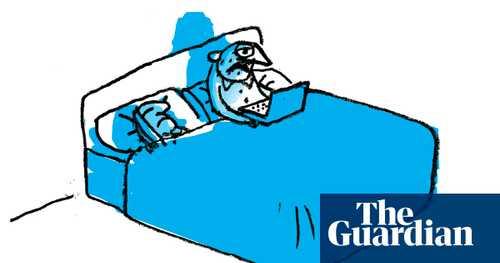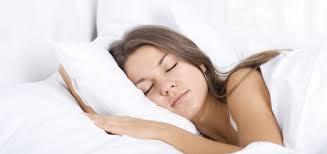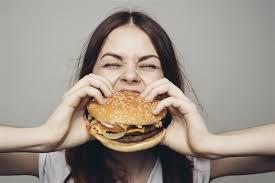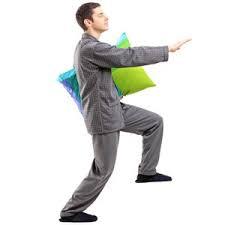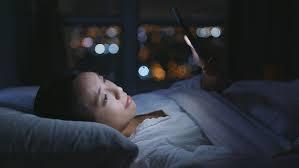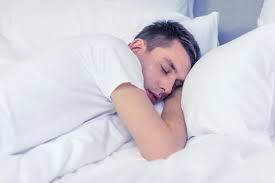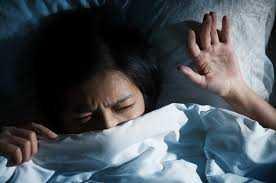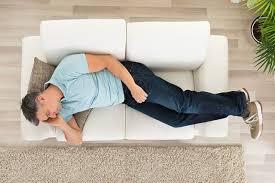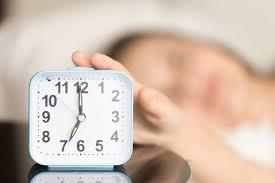Putting sleep myths to bed: experts answer the questions that keep you awake at night
Curated from: theguardian.com
8
Explore the World's Best Ideas
Join today and uncover 100+ curated journeys from 50+ topics. Unlock access to our mobile app with extensive features.
How alcohol affects sleep
A lot of the symptoms associated with a hangover are a product of sleep deprivation.
Alcohol affects our ability to get into what is known as rapid eye movement (REM) sleep, the bulk of which occurs in the last two-thirds of the night. As a rule of thumb, it takes about an hour to metabolize one unit of alcohol, so if you have a 250ml glass of wine at 7 pm it will mostly be out of your system by 10.30pm.
207
540 reads
Eating before bed
It is important to leave at least a couple of hours between eating and sleeping.
There is a whole raft of so-called sleepy foods – anything containing tryptophan, serotonin, melatonin, magnesium, calcium, potassium – often eaten in the hope they will aid sleep.
If you do want to eat these foods, do it because it’s a nice ritual, not because you need it to sleep.
239
557 reads
A cure for sleepwalking
There isn’t a cure.
People who sleepwalk usually are advised to keep their room safe by locking windows and doors, and to maintain what’s called good sleep hygiene: keep to a regular sleep routine, turn mobile phones off, avoid stimulants, and so on. Sleepwalking can often occur as a result of poor or disrupted sleep.
111
348 reads
The Possibility of Sleeping too much
- There is some evidence that suggests that if you sleep excessively, your risk of mortality increases, but it remains controversial.
- Teenagers naturally have a delay in their sleep phase because the production of the hormone melatonin (which aids sleep) gets released later as a product of puberty. This means they naturally want to go to bed and get up later.
200
495 reads
The cures for insomnia
Acceptance is important.
If you don’t fall asleep within 20 minutes of going to bed, get up, go to another room and do a calming activity, then go back to bed. If you are lying in bed unable to sleep, your brain will soon start associating lying in bed with being awake.
365
723 reads
Napping
Napping must be natural because so many cultures have siestas. But often the desire to nap in adults comes from insufficient sleep during the night. There are reports showing that excessive napping can be associated with negative health outcomes
348
637 reads
Sleeping pills
Sleeping pills depress the central nervous system, so they feed into biochemical changes that occur in the brain, causing you to drop off to sleep.
Unlike the brain circuitry, they wash the entire brain in these chemicals so there are other unwanted effects. They reduce the amount of time you spend in the deepest stages of sleep, and people get used to them and require increasing doses. It is better to look at the underlying cause of your sleep problem, which is often psychological.
156
333 reads
Sleep paralysis
We are paralyzed during REM sleep, and we believe that this is so we don’t act out our dreams.
A small percentage of the population wake up in REM sleep, but the brain forgets to wake the muscles so they get this scary state where they are paralyzed but awake. It is completely harmless, although it can feel terrifying.
173
523 reads
Why People fall asleep on the sofa
... while watching TV, but then can’t sleep when they go to bed.
During a nap, you dissipate some of your sleep pressure. The brain can only produce so much sleep over 24 hours. If you use some of it up on snoozing in front of the telly, there is less left for the night.
160
390 reads
Using the snooze function
The optimal way to wake up is naturally. If someone is hitting the snooze button, it suggests they are not getting enough sleep or they are sleeping at the wrong time for them. If you are a habitual snooze button user, reset your alarm to the later time and get more consolidated sleep.
211
527 reads
IDEAS CURATED BY
Maria 's ideas are part of this journey:
Learn more about health with this collection
Techniques for brainstorming and generating new ideas
The power of collaboration and feedback in the creative process
How to recognize and overcome limiting beliefs
Related collections
Similar ideas
11 ideas
How Sleep At Night Is Really Important?
healthline.com
6 ideas
Cognitive Behavioral Therapy for Insomnia (CBT-I) | Sleep Foundation
sleepfoundation.org
Read & Learn
20x Faster
without
deepstash
with
deepstash
with
deepstash
Personalized microlearning
—
100+ Learning Journeys
—
Access to 200,000+ ideas
—
Access to the mobile app
—
Unlimited idea saving
—
—
Unlimited history
—
—
Unlimited listening to ideas
—
—
Downloading & offline access
—
—
Supercharge your mind with one idea per day
Enter your email and spend 1 minute every day to learn something new.
I agree to receive email updates
